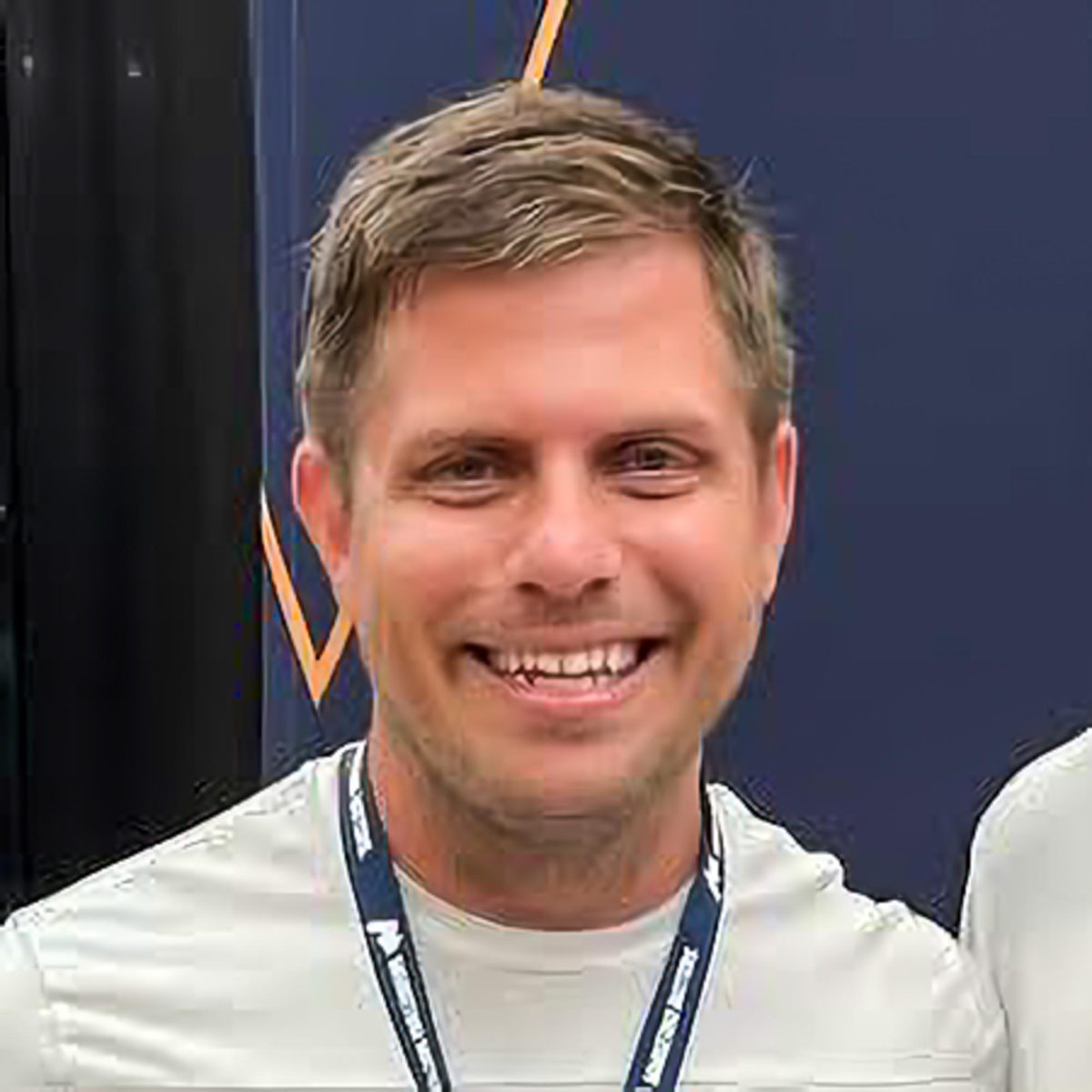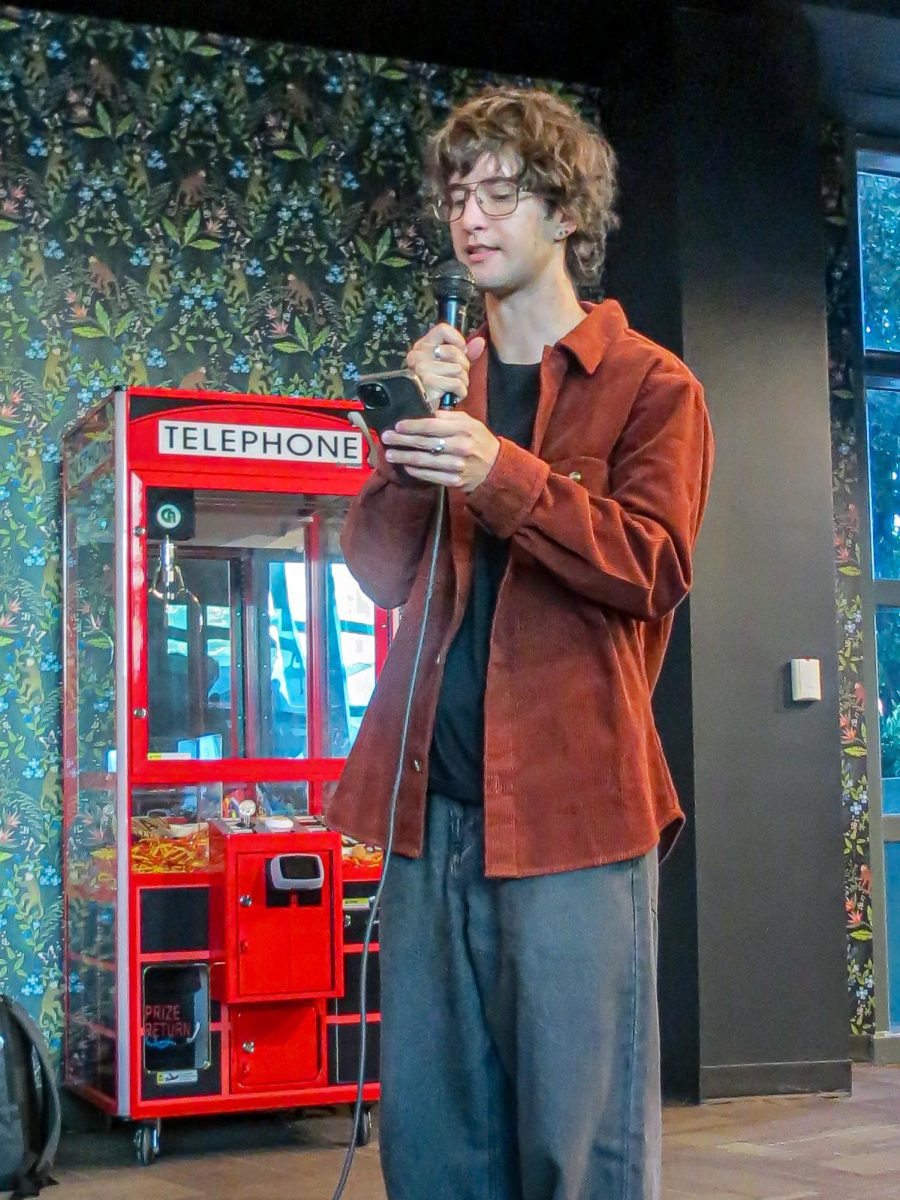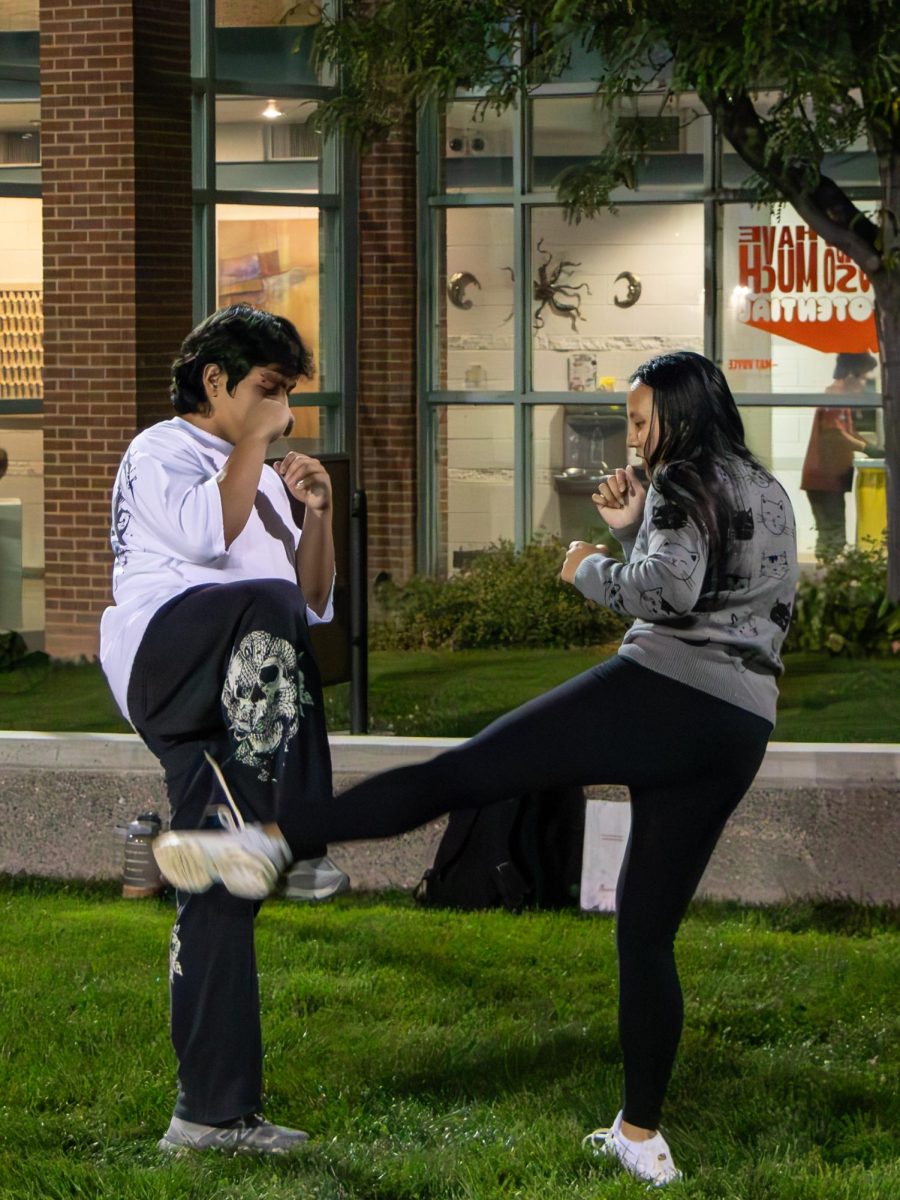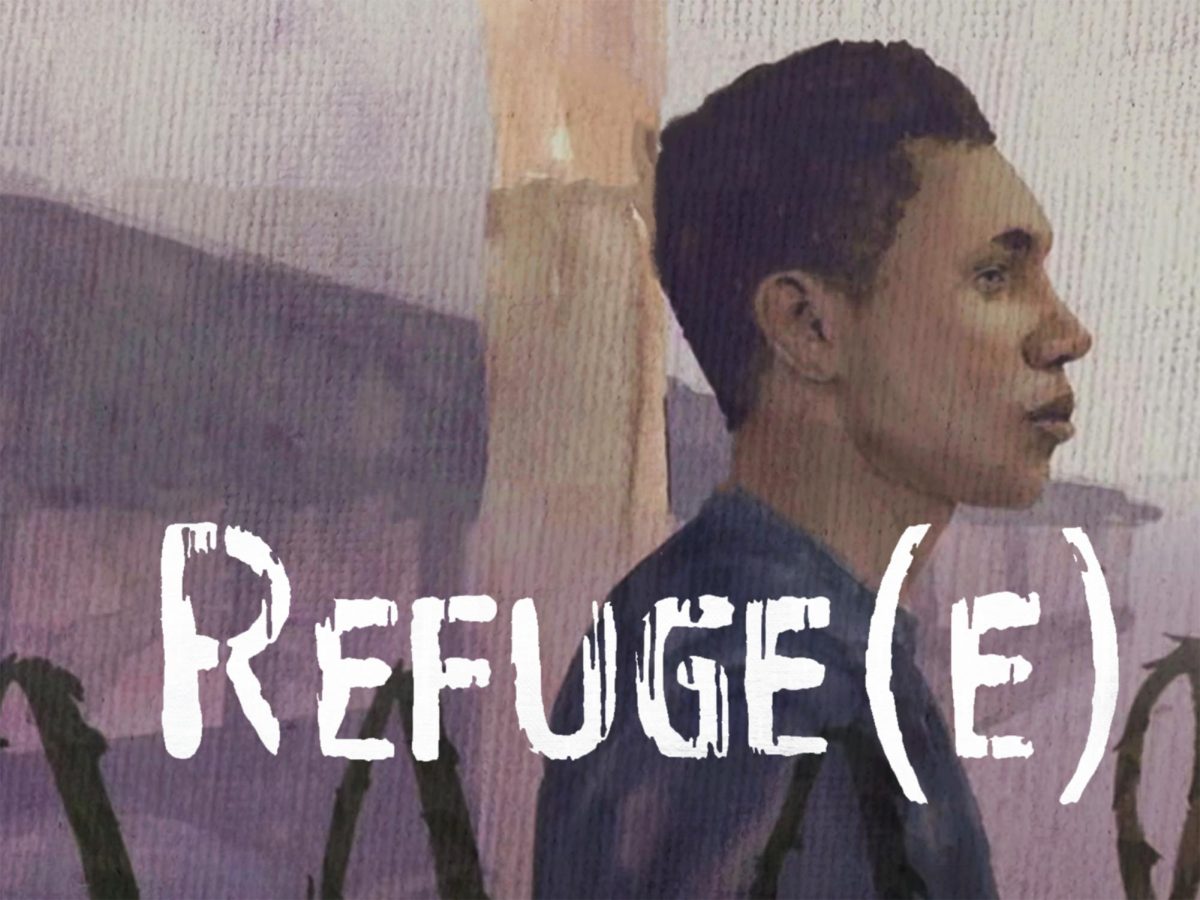Kent Hess spent a part of his career in the United States Marine Corps (USMC), where he traveled to Japan, Iraq, and Afghanistan. During that time, he served in many different positions, on the way to serving for 7 years in the Corps.

After joining in 2008, Hess served on active duty until Sept. 11, 2015. He was first stationed in Okinawa, Japan for two years. In 2009, he served in Iraq with a motor transport platoon. During that time he served as a vehicle operator, gunner and refueler.
He returned to the U.S. and was stationed in Camp Pendleton California with the 9th Communication Battalion. He served in Afghanistan with the battalion during 2012, serving as a logistics chief. In the service, Hess worked as a platoon sergeant, dispatch chief, logistics NCO (non-commissioned officer), logistics chief, truck master and licensing instructor.
He was honorably discharged at the rank of sergeant.

Hess’ service did not end when he returned to the U.S. He continues his work at Colorado Mesa University as the Community Outreach Officer for the Student Veterans Association (SVA), and through several of his volunteering and philanthropic initiatives.
Majoring in social work, Hess also stands as the Vice President for the Social Work club. Through that club he organizes and participates with the annual Ariel Easter baskets for foster youth, fundraising events, among others. He conducts community outreach by standing a booth at Veteran Resource Tours in Grand Junction and in Montrose.
“I hope to reach veterans who are currently in school or thinking of continuing their education; to engage them in opportunities SVA provides student veterans,” Hess said. He worked as an intern for the VA hospital through the work study program. He was in community outreach and public relations, participating in various community events supporting and providing resources for veterans. While he no longer utilizes the work study program, he still volunteers whenever possible.
“I guess my goal with my work with veterans is that I hope I reach someone someday and make a difference in their lives. I also hope that my outreach efforts help prevent veteran suicide. I feel like getting out in the community and connecting with veterans of all service eras takes a more preventative approach to suicide instead of reactive.
“This is something that I find myself passionate about. Veteran suicide is real, and it’s heartbreaking and I feel like if I’m able to help in any way I can then I should. I feel like there are more things I do but I find it hard to talk about the things I do. I don’t see anything as remarkable,” Hess said.
When asked what his motivation was, Hess said: “I was motivated to become a social worker because I wanted to help be a part of the solution to the issues that our country faces. I wanted to be able to help others and make a difference in the community around me. I love our country and wanted to continue to serve others after the Marine Corps.”
Social Work allows me to do that and serve in a capacity that allows me to serve the community around me and hopefully help make it a better place. As far as my work with Veterans, my motivation for that came from my own personal experiences after leaving active duty.”
It was difficult to transition to a whole different life outside of the Marine Corps. So I started to get involved in different organizations like the SVA and volunteering and spending time with other student veterans and getting out in the community. It made a big difference and helped me adjust and really find a passion for wanting to help other veterans who may have experienced similar things when exiting service.”
Hess is currently working on finishing his degree in social work and applying for graduate schools in Denver.









